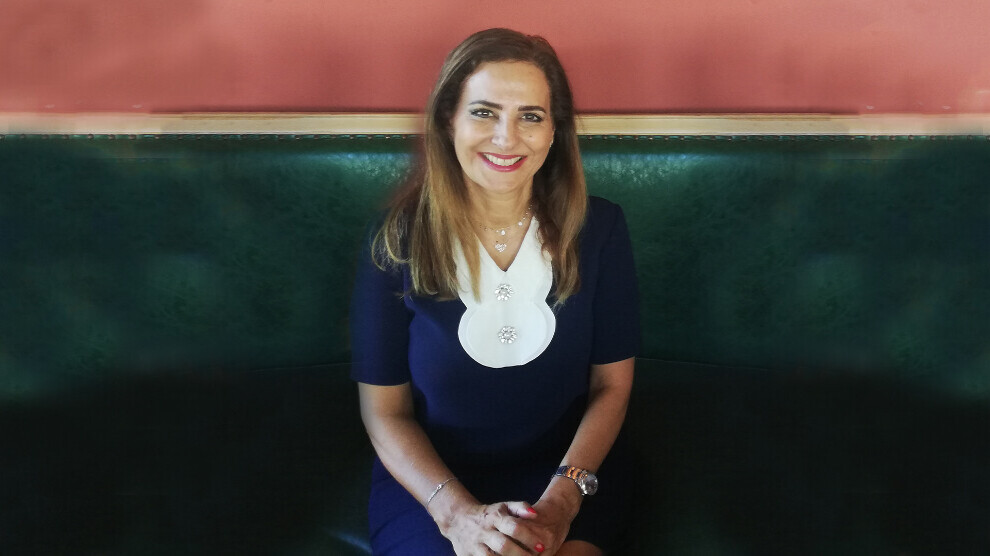Patricia Elias: Women’s political participation will assure stability in Lebanon
“Women’s political participation will assure stability and safety in Lebanon,” lawyer, human rights activist Patricia Alias said, pointing out that women face discrimination in every sphere of life.

SUZAN ABU SAİD
Beirut- Lebanon is the first Arab nation-state to grant women suffrage. It is also one of the founding members of the United Nations that signed the UN Charter on June 26, 1945. Despite these, the rate of women’s political participation is very low in the country. NuJINHA spoke to lawyer, human rights activist Patricia Alias about the women’s political participation in the country.
She submitted two reports
Stating that Lebanon is one of the countries that signed and ratified the Convention on the Elimination of All Forms of Discrimination against Women (CEDAW), Patricia Alias said, “At least every four years, the states parties are expected to submit a national report to the Committee, indicating the measures they have adopted to give effect to the provisions of the Convention. I submitted my fourth and sixth report to the Committee. The fourth report was about legal processes and women’s access to justice in Lebanon while the sixth report, which was submitted in January, was about women’s rights in general, particularly about women’s political participation.”
Women face discrimination
Underlining that mothers have limited custody rights in Lebanon, Patricia Elias said, “Mothers are given custody until a certain age of their children. Fathers have the right to guardianship, even when children are in the custody of their mothers. Women face great discrimination. We demand that mothers must be given equal rights with fathers, including the right to guardianship and making decisions about the fate of their children, similar to civilized countries in the world.”
Child marriage
“Even if fathers are deemed an unsuitable guardian or die, custody is transferred to one of male relatives,” Patricia Elias said, “Lebanon signed and ratified the International Convention on the Rights of the Child, stipulating the best interests of the child shall be a primary consideration; however, the interests of the child is not taken into consideration in Lebanon.” Speaking about the increasing rate of child marriage, she said, “This issue affects not only women's rights but also children's rights in the short, medium and long term. Although Lebanon signed and ratified the Convention on the Rights of Child, which sets a minimum age of marriage of 18, it has not established a national minimum age for marriage. For this reason, girls are married as young as nine in some sects. In some sects, girls are married at the age of 12 or 14.”
Women’s political participation
Underlining that Lebanon ranked 15th of 17 Arab countries in female parliamentarians in the 2020 World Economic Forum Gender Gap report, She said, “It ranked 183rd out of 187 countries in terms of women’s participation in parliament. In 2017, we formed a delegation representing more than 200 associations to demand a minimum of 30% quota for women in elections. We met the Speaker of Parliament and the Prime Minister and they promised to increase the quota for women. However, no quota for women was set up in the general elections.”
“Women’s political participation will assure stability in Lebanon”
“Women will build the future of Lebanon,” Patricia Elias said, “Because Lebanese women are educated, conscious and care about their family and country. I believe that Women’s political participation will assure stability and safety in Lebanon.”
